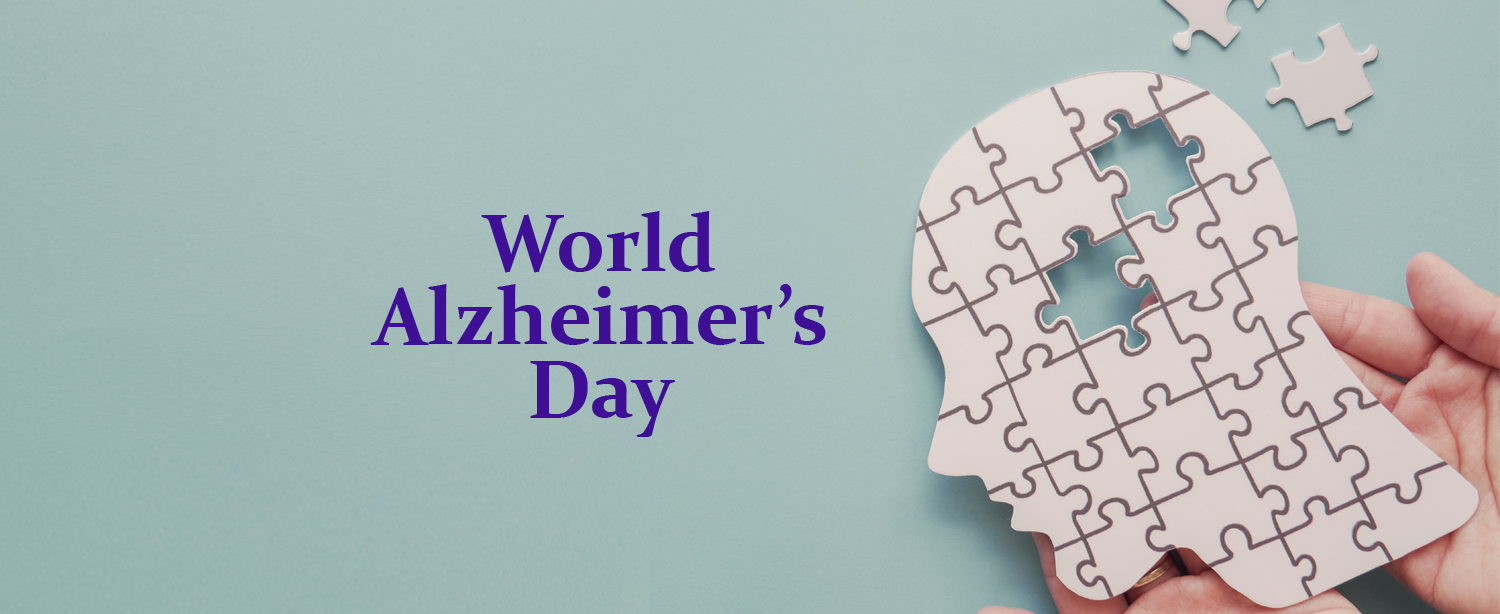Alzheimer’s disease is a progressive neurologic disorder that causes the brain to shrink and brain cells to die. It is the most prevalent cause of dementia, which is characterised by a steady loss in a person’s mental, behavioural, and social abilities that impairs their capacity to function independently. It is estimated that 5.3 million people above the age of 60 had dementia in India in 2020. This equals to one in 27 people, according to the Dementia in India 2020 report. Therapy and medications can benefit patient’s quality of life by temporarily improving or slowing the course of symptoms.
Stages of Alzheimer’s Disease
Alzheimer’s disease is a condition that develops slowly and worsens with time. It eventually affects every part of your brain. The condition can affect memory, reasoning, judgement, language, problem-solving, personality, and movement. It progresses through five phases and each person’s experience with Alzheimer’s disease is unique. The different stages include:
- Preclinical Alzheimer’s disease
This stage of Alzheimer’s can last for years, possibly even decades without showing any symptoms. Certain genetic tests can also help detect your risk of Alzheimer’s disease. - Mild cognitive impairment (MCI)
Mild cognitive impairment affects people’s memory and reasoning abilities just a little. These modifications aren’t yet large enough to have an impact on jobs or relationships. People may have memory lapses or make mistakes in their judgement. - Mild dementia due to Alzheimer’s disease
Alzheimer’s disease is often diagnosed in the mild dementia stage, when it becomes clear to family and doctors that a person is having significant trouble with memory that impacts daily functioning.
The symptoms include:- Memory loss of recent events
- Difficulty with problem-solving
- Personality changes
- Difficulty organizing and expressing thoughts
- Getting lost or misplacing belongings
- Moderate dementia due to Alzheimer’s disease
During the moderate dementia stage of Alzheimer’s disease, people tend to become more confused and forgetful and need more help with daily activities and self-care.
The symptoms include:- Show increasingly poor judgment
- Experience even greater memory loss
- Need help with some daily activities
- Outbursts of aggressive physical behaviour
- Severe dementia due to Alzheimer’s disease
Mental function continues to deteriorate in the late stages of Alzheimer’s disease, known as severe dementia, and the disease has a significant influence on movement and physical ability.
The symptoms include:- Lose the ability to communicate coherently
- Require daily assistance with personal care
- Experience a decline in physical abilities
Prevention of Alzheimer’s Disease
Alzheimer’s disease is thought to be caused by the abnormal build-up of proteins in and around brain cells. Certain factors such as age, genetics, environment, lifestyle, and concurrent medical disorders may increase your risk of getting Alzheimer’s disease. Here are some preventive health tips reduce your chances of contracting the disease:
- Manage your numbers
Research shows strong connections between Alzheimer’s and conditions like high blood pressure, high cholesterol, type 2 diabetes, and heart disease. Be regular with your health checkups. - Check your weight
Maintain a healthy body weight to reduce your risk of Alzheimer’s disease. - Exercise regularly
When you exercise, even if it’s just a little amount, more blood flows to the brain, making it healthier. Aim for 30 minutes of exercise five days a week or more. - Take safety precautions
Always wear a helmet while riding a bike or a seat belt while driving a car. Protect yourself from accidents that may lead to severe head injuries. - Don’t smoke
Avoid all forms of tobacco. - Healthy diet
Eat a healthy and balanced diet full of fruits and vegetables, whole grains, low-fat dairy, and lean protein. Limit intake of added sugar, refined foods, and alcohol. - Challenge your mind
People who keep learning and stay social may be less likely to get Alzheimer’s disease. Research suggests that mental stimulation helps you develop strategic thinking and problem-solving abilities.
Here are some ways to keep your mind active and healthy:
- Reading or writing
- Solving puzzles like crosswords, sudoku or scrabbles
- Playing cards
- Arts and Crafts – Painting, drawing, knitting
- Playing an instrument or listening to music
Alzheimer’s care at Kokilaben Dhirubhai Ambani Hospital
A diagnosis of Alzheimer’s is life-changing for the person with the disease, as well as their family and friends. Our Alzheimer and Memory Clinic offers a comprehensive screening and care program for this condition including neurology consultation, physical and cognitive rehabilitation, and psychotherapy. Take the first step towards managing your Alzheimer’s, consult our top therapists. Our team of experienced neurologists and rehabilitation specialists help manage this condition using a personalised multidisciplinary approach. Our Centre for Neurology is dedicated to provide world-class Alzheimer’s care, to improve the quality of life for those suffering from this condition. Please find below website for further details:


